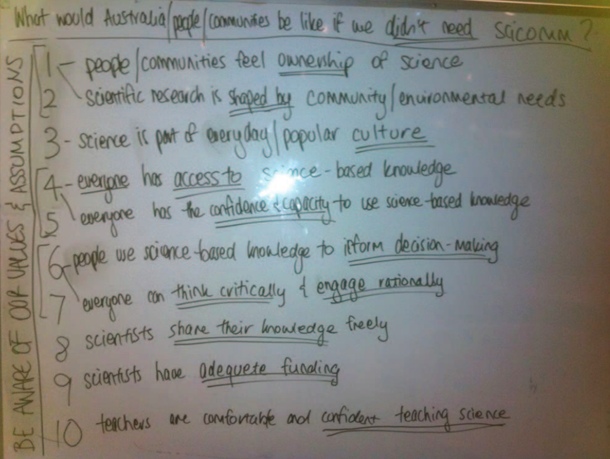**This is a ticketed event. Public and delegates welcome. Tickets available for separate purchase. This event is uncatered – information about available nearby options will be provided or BYO lunch. **
This is a workshop where participants will:
* Appreciate the value of creating great images and video for communicating their science for greater impact
* Understand how to use smart phones and tablets to take better photos and videos
* Practice taking photos and videos and receive feedback
* Learn how to edit their photos and videos effectively using free or low cost software
* Understand how to distribute, promote and evaluate their images and videos using social media
Session Producer, Workshop facilitator
Jenni Metcalfe, Director, Econnect Communication
Workshop facilitator
Michelle Riedlinger, Associate Professor / Consultant, University of the Fraser Valley / Econnect
Madeleine Stirrat, Studio Manager, Econnect Communication
Sponsor
Facilities sponsored by FLEET and Monash University Faculty of Science
When: Sunday 16th February, 9:30am – 5:00pm
Where: Room G29, New Horizons Building 82, 20 Research Way
Hashtag: TBC
**This is a ticketed event. Public and delegates welcome. Tickets available for separate purchase. This event is uncatered – information about available nearby options will be provided or BYO lunch. **



















